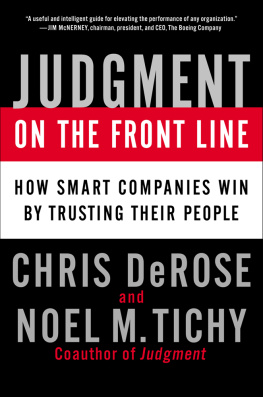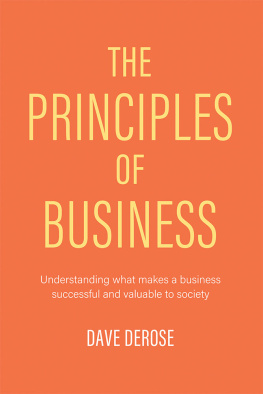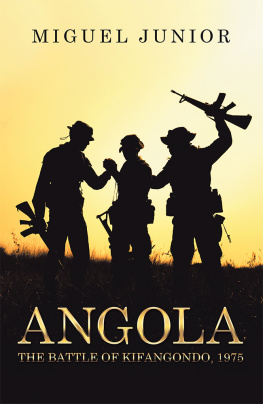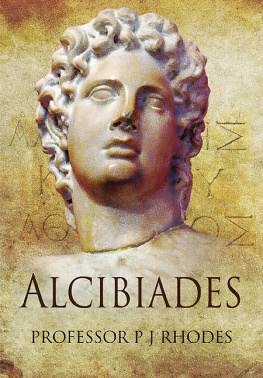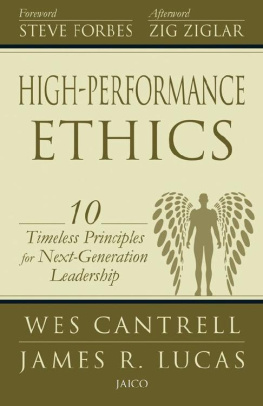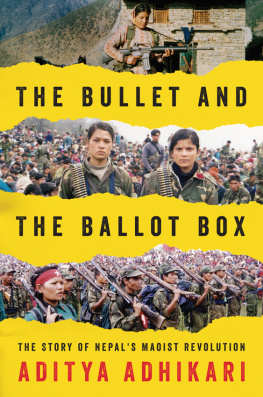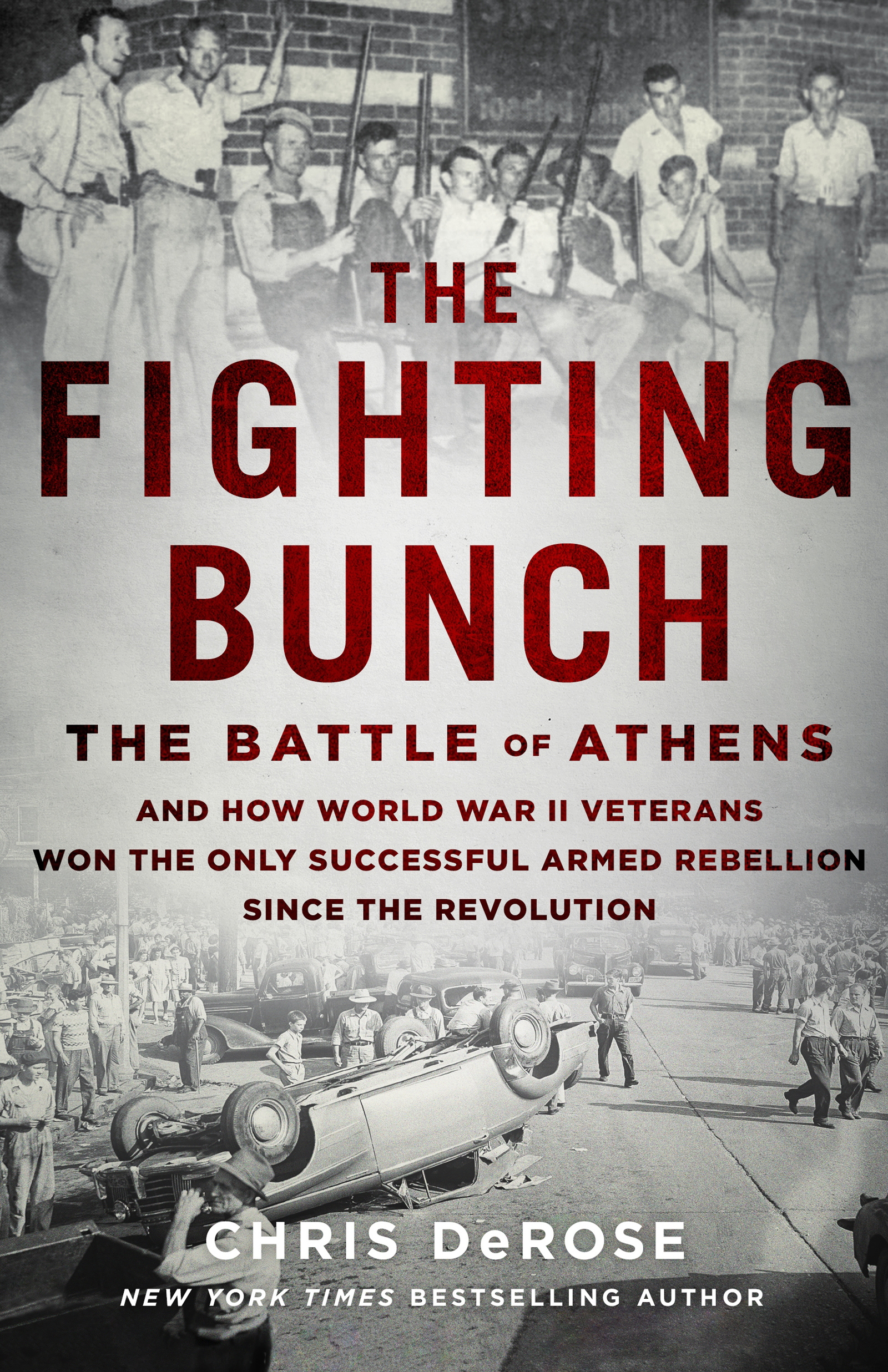Paul Cantrell, sheriff of McMinn County and later state senator, chairman of the McMinn County Court, and chairman of the McMinn Democratic Party
Ralph Duggan, Lt. Commander, U.S. Navy, lawyer, lead strategist for the GI ticket
Yes, we broke the law. And so did George Washington.
Felix Herrod
AUGUST 2, 1946
I can only tell you half the story
Bill Downs delivered the first live broadcast from Normandy Beach and traveled with liberating armies through France and Germany. The CBS correspondent, one of Edward R. Murrows Boys, had covered the surrender of Japan and walked the streets of Hiroshima with the occupation force. Now he was broadcasting the news of an unlikely battle amid another occupying force. Downs stood in a wrecked jail interviewing the veterans, fresh from combat all over the world, who controlled Athens, Tennessee, after a bloody battle. The young men had the stamp of combat in their eyes, said Downs, a fatigue familiar from the hard days of the Normandy breakthrough and the Battle of the Bulge.
They realize they have taken a serious step, said Downs, but do not interpret their action as taking the law into their own hands. Rather they say they just put the law back in the hands of the people.
It was a dictatorship down here, said one GI. Elections were a farce while they were away at war. They were warned not to run for office and to stay away from the polls when they came home. No matter what happened, the machine promised, they would win. Another put it simply: We just got plain tired of being pushed around by a bunch of thugs.
They were interrupted by a white-haired woman shouting through a shattered window: Billy, you come home right now and get your lunch. Billy may have overthrown the government the night before, said Downs, but when his mother called, he went.
Downs had been an hour away at Oak Ridge National Laboratory, birthplace of the Bomb, for a ceremony marking the transition of atomic power from military to civilian use: to serve man, rather than destroy him. He raced to Athens to cover another force, built for war and converted to civilian use, that returned to its previous purpose for one last fight.
Bill Downs and the reporters who arrived in Athens could only tell half the story. There were legal consequences to think about: Who knew how many laws the GIs had broken with all the shooting, bombing, kidnapping, and robbery? And winning last nights battle wouldnt save them from a bullet through their window or a knife at a bar. For yearsand, in some cases, for the rest of their livesthe men who fought the Battle of Athens kept their mouths shut.
Their successful armed rebellion is without precedent since the American Revolution. I wanted to know the other half of the story. Many had tried to get it without success. Reporters descended on this county seat between Knoxville and Chattanooga in the days after the battle, and it was front-page news in every corner of the country and from Buenos Aires to Berlin to Tokyo.
One of these reporters was Theodore White, wartime China correspondent for Time. Months earlier hed been brought home by publisher Henry Luce for his refusal to write a cover story glorifying Chiang Kai-shek, a man he considered a tyrant.
White rented a sunless apartment on East Twenty-Ninth Street to write a book about what he saw in China: a billion people who are tired of the world as it is in such terrible bondage that they have nothing to lose but their chains. Less than a thousand years ago Europe lived this way. Then Europe revolted against the old system in a series of bloody wars that lifted it generation by generation to what we regard as civilization. The people of Asia are now going through the same process. The pages rolled off the typewriter.
Thunder Out of China was selected for the Book-of-the-Month Club. If it never sold another copy, hed earn ten times the annual salary of the average American. Upon hearing the news White left his New York apartment and bought his first automobile. He drove south to Washington, where he aimed his car at the heart of the country and headed west. There must be stories out there, he thought.
Whites car climbed out of the Shenandoah Valley and crossed into the hills of Tennessee, where he heard reports of the battle. He headed for Athens.
You want to know how this started, eh? said Jim Buttram, campaign manager for the GI ticket, a high school football star who had been wounded in France. Well, all of us did a lot of thinking over there about the disgraceful way this gang was abusing our people here. When we got back, a group of us got together last December and decided we couldnt stand for this to go on.
[Sheriff] Pat Mansfield said he was going to give us a fair and square election, said Otto Kennedy, bail bondsman, tire store owner, and chairman of the local Republican Party. And then we have those sons of bitches, walking around with their guns and badges telling us to kiss their ass. (This became kiss our neck somewhere between the interview and publication.)
Ralph Duggan, a genteel Athens lawyer and strategist for the GIs, spent long nights in Pacific waters worried more about his home than the Axis military machine. If democracy was good enough to put on the Germans and Japanese, he said, it was good enough for McMinn County.


